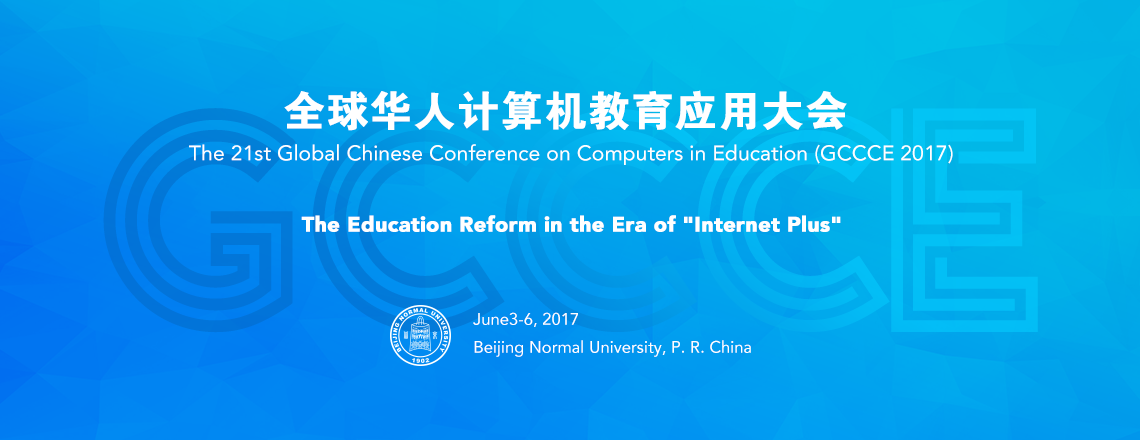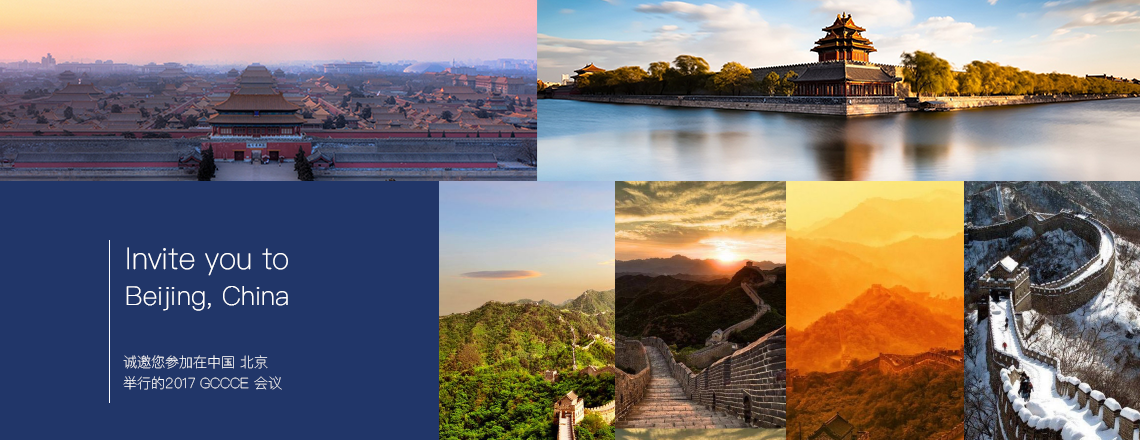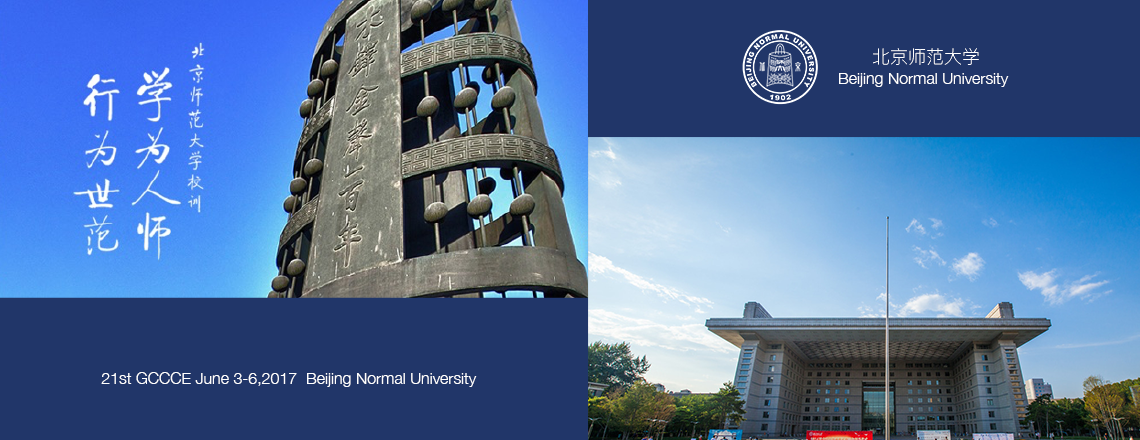
Sub-conference C3: Joyful Learning and Society
Sub-conference C3:
Joyful Learning and Society
Learning with games or the concept of games, if counted from 2003 when James Paul Gee published his seminal book What video games have to teach us about learning and literacy, has become an important research area and practice around the world. Today, game technology is one of the most exciting and fascinating areas in digital innovation. Commercial games spearhead the innovation and it is very likely that it will pass on the baton to educational games when it comes to innovation in education.
In Asia, Joyful Learning and Society is one of the most influential research agenda devoted to education game scholarship. It spearheads education games research and has achieved fruitful results in the development of game technology and research for education. In the second decade of game research, we will continue this endeavor in innovating learning with games. Enhancing motivation has mostly driven research on education games in Asia in the past decade. It is legitimate and remains critical today. It is, however, insufficient when we put the 21st century challenges into consideration. The world has grown into a “flat” new world and the engine that drives economy is now knowledge production, innovation, collaboration, and creativity. In other worlds, we must transform education to meet the worlds’ new normal. Games can play a pivotal role in transforming education—from a content mastery paradigm to a new one that foregrounds knowledge presumption, global citizenship, collaboration, and creativity, to name just a few.
We are interested in exploring how to motivate students to learn with games. We are curious about how games can be used to restructure thinking, alter discourse patterns, transform classroom-learning practices and teacher-centric culture. We are looking for the marriage of theories, technologies, and practices as well as research that reveals the results and processes of the above. In the era of the big data, we are looking for research that shed lights on how students’ activity and performance can be documented for the purpose of learning and teaching. We are eager to unpack the learning processes involving the use of games and game-like activities. We, of course, would not want to miss your stories about scaling up games, or strategies that makes games sustainable in the classrooms (or other learning settings). Any other topics about games and education are also welcome.
This sub-conference invites people from all fields who are interested in learning with games. Business communities are most welcome, as the dialogue among researchers, educators and industry will foster the use of games for education.
The scope of papers will cover (but not be limited to):
· Theories on joyful learning and learning with games in general
· Design of learning activities (for joyful learning, collaboration, citizenship and others)
· Advanced joyful learning technologies (e.g., artificial intelligence, personalization, adaptive system, cross-platform gaming mechanism, augmented reality, etc.)
· Design, development and application of joyful learning
· Comparison of joyful learning vs traditional schooling
· Effectiveness of joyful learning and its processes
· Joyful learning and education innovation
· Joyful learning and high-order skills (problem-solving skills, creativity, et.)
· Joyful learning, social and culture
· Joyful learning and adolescent development
· Successful cases of joyful learning
· Difficulty and obstacles that joyful learning research encounter
Paper Submission Guideline
· Authors should prepare submissions either in English or in Chinese (Long paper: 8 pages; Short paper: 4 pages; Poster: 2 pages). Submissions written in Chinese should include the title, abstract and keywords written in both Chinese and English.
· Authors should submit papers in the Microsoft Word format. Please make use of the paper template provided on the conference website for preparing submissions.
· Authors should make submissions by uploading papers onto the Submission System of the conference.
Important Dates
(Please refer to the conference website for more details and news updates)
Program Committee Members
|
Ming-Puu Chen |
Taiwan Normal University |
|
Huei-Tse Hou |
Taiwan University of Science and Technology |
|
Ju-Ling Shih |
University of Tainan |
|
Ming-Fong Jan |
Central University |
|
Li-Chieh Chang |
Central University |
|
Sujing Zhang |
Zhejiang Normal University |
|
Jiyou Jia |
Peking University |
|
Calvin C.Y. Liao |
Central University |
|
Chih-Cheng Lin |
Taiwan Normal University |
|
Chih-Yueh Chou |
Yuan Ze University |
|
Chorng-Shiuh Koong |
Taichung University of Education |
|
Chung-Yuan Hsu |
Pingtung University of Science and Technology |
|
Chun-Yi Shen |
Tamkang University |
|
Dai-Yi Wang |
Providence University |
|
Hanjie Gu |
Zhejiang Shuren University |
|
Yi Zhang |
Central China Normal University |
|
Hercy N. H. Cheng |
Central China Normal University |
|
Howard Hao-Jan Chen |
Taiwan Normal University |
|
Hong luang Ma |
Shaanxi Normal University |
|
Iwen Huang |
University of Tainan |
|
Jian-Sheng Li |
NanJing Normal University |
|
Shao-Chun Li |
Chung Yuan Christian University |
|
Jun-Jie Wu |
Jingshan School Beijing |
|
Li Zhang |
Northumbria University |
|
Fang-Chuan Ou Yang |
Chien Hsin University of Science and Technlogy |
|
Qinglong Zhan |
Tianjin University of Technology and Education |
|
Ting Wei |
Nanjing Xiaozhuang University |
|
Xiaoqiang Hu |
Jiangxi Science & Technology Normal University |
|
Yu Jiang |
Center for Educational Technology |
|
Yu-chen Hsu |
Tsing Hua University |
|
YU-JEN HSU |
Chiayi University |
|
Zhi-Hong Chen |
National Taiwan Normal University |
|
Ying-Feng Ma |
Shaanxi Normal University |
|
Kuo-Liang Ou |
Hsin-Chu University of Education |
|
Chih-Chieh Yang |
Southern Taiwan University of Science and Technology |
|
Sheng-peng Wu |
University of Wisconsin at Madison |
Yang Yan Changchun Normal University
Important Dates
Paper submission due
22 Jan 2017 Extended to 9 Feb 2016
Notification of acceptance
19 Mar 2017
Camera-ready paper submission
9 Apr 2017
Conference period
Jun 3-6 2017



